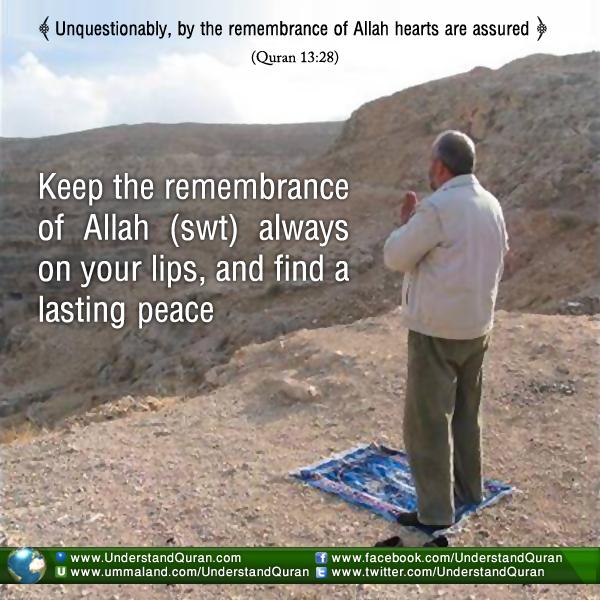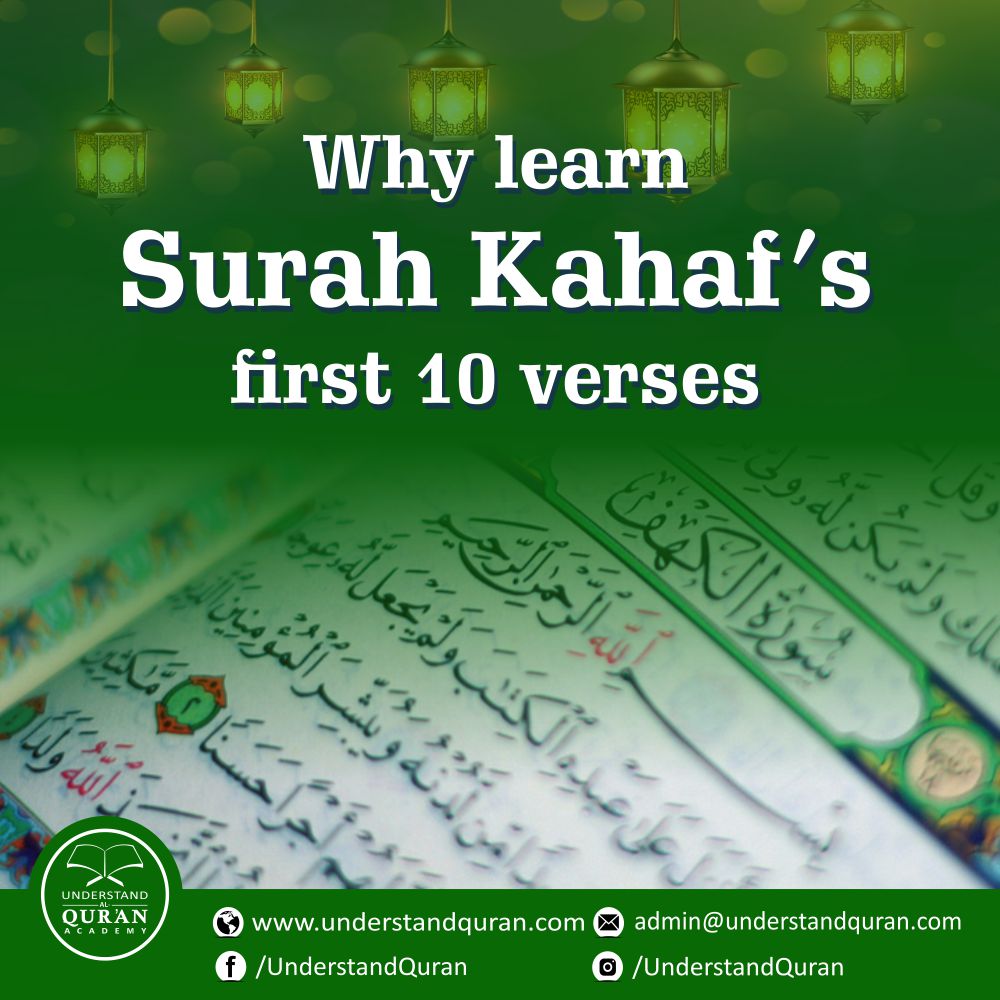I Know When My Lord Remembers Me

By K. Balkhi
“I know when my Lord remembers me,” said the sage Sabet Bonani.
“How do you know?” the people asked him.
“He remembers me when I remember Him”. [1]
So remember Me; I will remember you. And be grateful to Me and do not deny Me. [Surah Al Baqarah, 2:152]
Many of us have heard the stories of how the Prophet (peace and blessings upon him) used to stand in worship all night, making du’a for you and I, his ummah. The essence of everything he did was the most beautiful, including, his du’a etiquette. We too can beautify our worship and daily lives by closely emulating him. For instance, at the Battle of Badr, he madesuch intense and continuous du’a that Abu Bakr (ra) could see his pleading no longer and took hold of him by the hand, saying: this is sufficient for you. .[2]
What can we do for our du’a to have a similar kind of urgency, sincerity? See our D2 Etiquette Guide for profound yet practical pearls of advice from ‘Ihya Uloom-id Din’ (Imam al-Ghazali).
Dhikr: The Essential Spirit of All ‘Ibadah
Exegetes have written that dhikr of Allah is the essential spirit of all acts of worship. Sayyidina Mu’adh Ibn Anas (ra) narrated:
Someone asked the Holy Prophet (saw),”who from among the Mujahidin deserves the best of returns?” He said, “One who makes the dhikr of Allah most abundantly.”
It was asked again, “Who from among the fasting is most reward worthy?” He said, “One who makes the dhikr of AIlah most abundantly.” Similar questions were then asked about Salah, Zakah, Hajj, and Sadaqah. Every time he said: ‘One who makes the Dhikr of Allah most abundantly,’ that is, she or he is more deserving of the reward. [3]
Live that Life of Abundance
Dhikr and du’a go hand in hand – and can often be synonymous. The sunnah has gifted us many a du’a to accompany all possible circumstances in our lives: ranging from passing wheat fields, to drinking milk, to entering our homes, to starting a business, to praying for our hosts. Through this enormous treasure of prophetic du’a and adhkaar no Muslim is left alone– for in each Sunnah du’a we are reminded of Allah’s presence, thereby curbing heedlessness, negligence, and wasted intentions.
Free as the Air We Breath
This abundance is also urged given that dhikr is, after all, the easiest of all acts of ‘Ibadah. The Shari’ah has not placed prerequisites for dhikr. Be it with wudu’ (ablution) or without; be it lying, sitting, or walking– let the dhikr of Allah enrich your every instant anywhere, anyhow.[4]
References:
[1] Al-Ghazzali, Imam Abu Hamid. Ihya Uloom-id-Din. Book of Worship. Chapter IX. Section I.
[2]Reported by Sayyidna Ibn Abbas (may Allah be pleased with him). Bukhari. Kitab al Maghazi: 59. Hadith Number 289.
[3] Reported by Ahmad, from Ibn Kathir. Shafi, Mufti Muhammad. Maariful Quran. Volume VII. Surah Ahzab, Verse 35.
[4] Shafi, Mufti Muhammad. Maariful Quran. Volume VII. Surah Ahzab, Verse 35.
About the Author:
The author is currently studying Islam in-depth at Pakistan’s leading Islamic jamia (university), for women. She has also been a business journalist and writer with over 200 published articles, chapters, and strategic reports as part of her sustainability consultancy.









